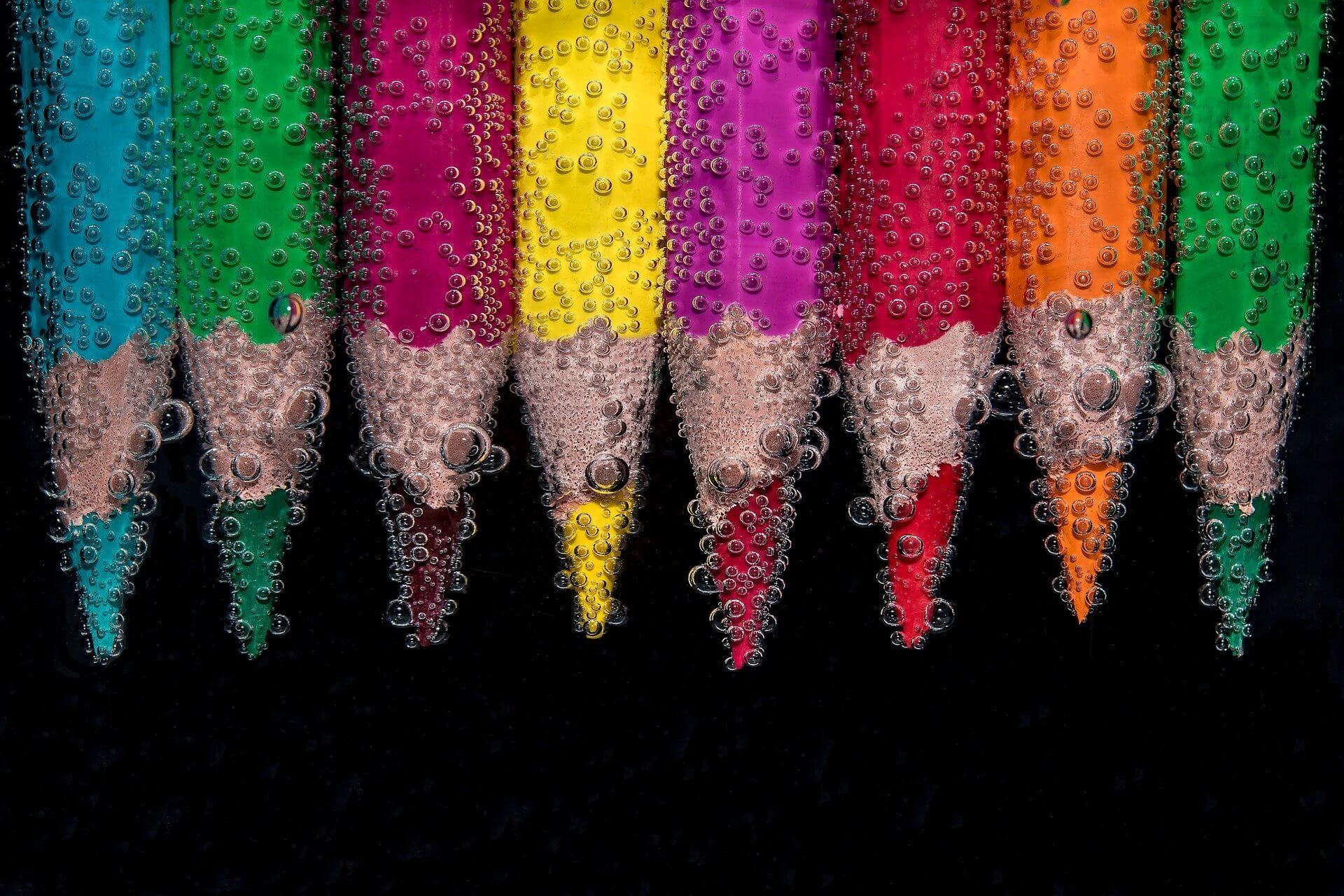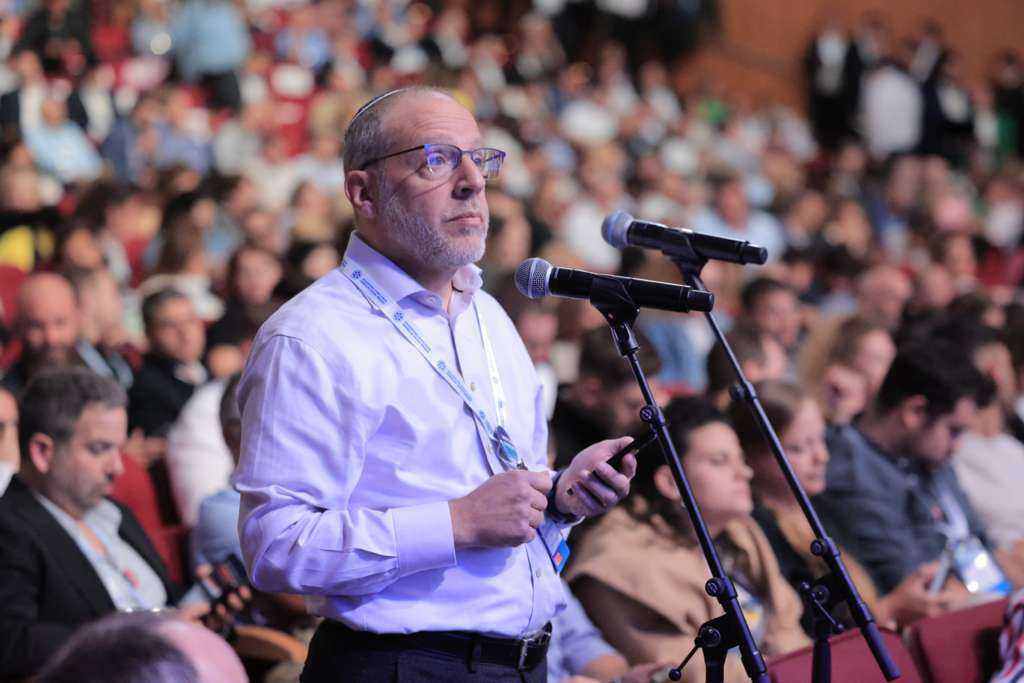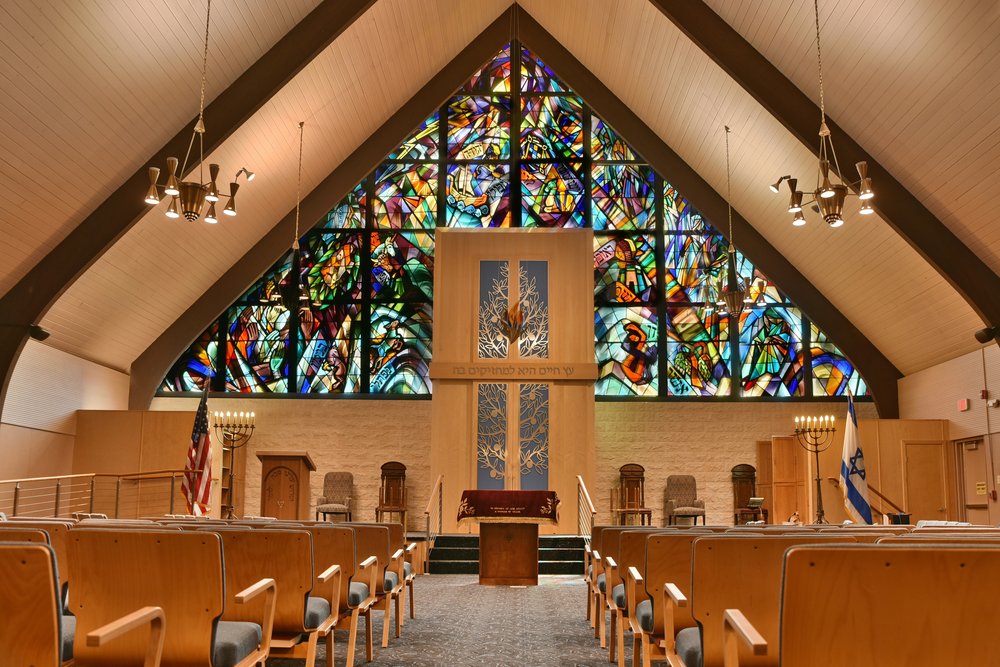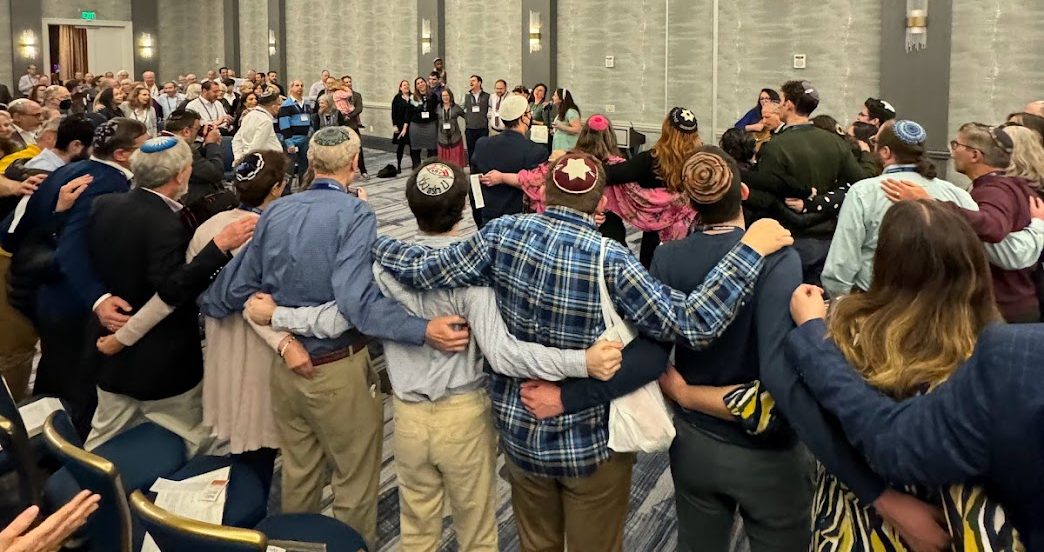
The Covid-19 crisis is creating threats to many of our synagogues’ programs. While we are experiencing this disruption, our school educators are finding opportunities for new learning. The following are some vignettes from the field of educational creativity. We will look for some of the emerging themes from the crisis moment.
Rabbi Matt Nover
Beth El Synagogue, East Windsor, NJ
Rabbi Nover reported, “We are trying to act with compassion, and recognize that everyone is overwhelmed.”
“For Pesach, we asked our High School students to choose a piece of the Passover story that spoke to them and tell us why. One student turned in an original musical composition, another turned in an original work of art. “
Rabbi Nover understood that neither of these students would have had enough time to create these in our normal setting. There is an opportunity now for creative expression.
Shuli Mesa
Heska Amuna Religious School (HARS), Knoxville, TN
Shuli Mesa reported, “I immediately reached out to our small teen community; we felt they would feel the impact the greatest. One favorite curriculum we found online is “The Politics of Hip Hop in Israel” which provides a variety of videos, games and readings for us to discuss.
We are now running a Family morning Tefillah session. A fun addition has been the inclusion of one of our families ‘zooming’ in from Finland, where they are residing for this year. This direct connection would not have happened if things were ‘normal’.
Mandi Werner
Temple Beth El, Rochester, NY
Mandi put together family packages that she and a colleague personally delivered to the homes of 50 school families. Within the packages are a Mother’s Day lesson and craft. They are providing craft materials that families may not have in their homes, taking them from the classrooms that are now lying empty.
This is an example of a learning solution, concept, resources and support.
Ronni Guttin
Temple Emanu-El, Providence, RI
Ronni tells the story of a teacher who is very unfamiliar and uncomfortable with technology. As she began to learn, her students helped her. The students become the teachers, the teacher becomes the student. A beautiful relationship.
The Hebrew classes have been divided into smaller groups, and the online sessions have increased reading capabilities and fluency. They are meeting the needs of the students better than in the larger, in-person classes.
Nora Chaus
Congregation of Moses, Kalamazoo Community Day School, Kalamazoo, MI
Nora arranged virtual staff meetings with her teachers, in order to quickly teach what she had just learned about online learning. They opened school within 10 days of closing the doors. Of their own volition, they helped teach one another the skills needed to work with the technology and practiced with one another creating video lessons for their students.
Working together allowed a quick start up.
Me’ir Sherer
Temple Emunah, Lexington, MA
When shifting to online learning, Me’ir was particularly concerned about families who have multiple children attending school and the varied logistical problems that could arise and make participation difficult.
As a result, he completely re-organized the class schedule and curriculum, combining grades and subjects, or having siblings’ classes contiguous to one another. In doing this, he was able to streamline the schedule for his parents.
The crisis has helped focus educators on how to engage the whole family system.
Conclusion: Emerging Themes
As I review these creative responses to the Covid-19 Crisis and our schools, I see a few emerging themes.
- Working collaboratively has allowed teachers to support each other with new technology and get new programs started faster.
- Educators are learning about areas where online classes can actually improve over in-person classes.
- There has been a focus on “educational solutions” that provide curricular content, resources and support for whole family engagement in some level of home schooling.
- Innovations have helped schools reach out to students who had not been engaged and to families that were perceived as “ on the fringes”.
Please contact Miriam Abrams-Stark with any questions.









